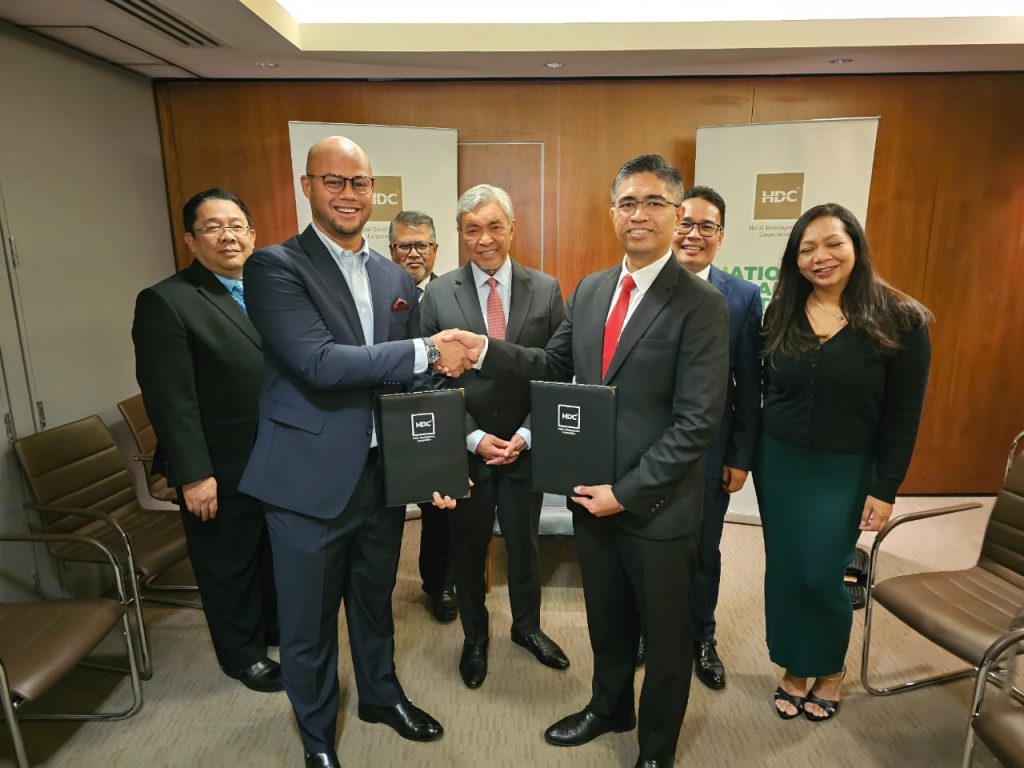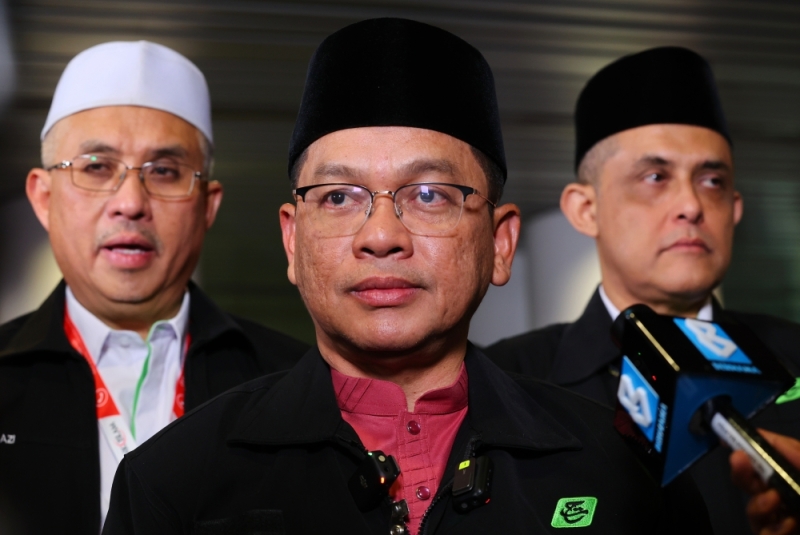 KUALA LUMPUR, April 9 (Bernama) — Malaysia will take the lead to standardise halal certification for all Muslim countries, says Halal Industry Development Corporation (HDC).
KUALA LUMPUR, April 9 (Bernama) — Malaysia will take the lead to standardise halal certification for all Muslim countries, says Halal Industry Development Corporation (HDC).
Chief Executive Officer Datuk Seri Jamil Bidin said the issue was now being discussed at the Organisation of Islamic Cooperation (OIC) level.
“Malaysia is partnering Turkey to tackle the differences in halal certification and to come up with a new standardised criteria that would be applied in all OIC countries,” he told a press conference after a panel discussion on global food security held in conjunction with the World Halal Conference 2014.
He said out of 57 countries under the OIC, there were 10 big players in the halal industry besides Malaysia including Indonesia, Turkey and Saudi Arabia.
Jamil said most of the 10 countries have approved the new standards, which once applied, can avoid confusion or differences in issuing halal certification.
“This partnership will harmonise halal standards, globally, as currently there were a lot of criteria coming out from other countries.
“And, as Malaysia has been pioneering the halal industry for almost 40 years, our ideas and proposals would be highly demanded by the OIC,” he said.
Meanwhile, Jamil said in line with the improved economic situation globally, Malaysia expected exports of halal products to increase to five per cent compared with 2.7 per cent last year.
In 2013, Malaysia’s exports was valued at RM32.8 billion.
SECOND STORY
KUALA LUMPUR: Malaysia is taking the lead in discussions between Islamic countries on the development of common halal certification guidelines.
Its Halal Industry Development Corp (HDC) will spearhead the initiative, with the final proposal to be presented to the Organisation of Islamic Conference (OIC) by Malaysia, to further push the much-delayed initiative. HDC CEO Jamil Bidin said the lack of such common certification guidelines will slow down the global halal industry growth in the coming years as players would have separate halal guidelines. “The halal industry is no longer a domestic industry. It is a globally sought after industry, which involves many countries, where each nation has their own halal certification criteria, based on their own understanding. “If the players have to seek for certification in all export markets, it is expensive which in return increases prices of end-products,” he told reporters at the sidelines of World Halal Conference 2014 yesterday. Jamil said Malaysia would play a vital role in the initiative as the country is regarded as the pioneer of the halal industry and its certification exercises, since 40 years ago. “Until now, every decision on halal taken at OIC or international summits would seek Malaysia’s agreement or ideas, as we have been the leader in the industry in the last four decades,” he said. Malaysia will also push for the creation of an accreditation body, which will certify and approve all halal certification bodies worldwide, to avoid unnecessary issues like fake certification and so forth. Many bigger countries in the 57-nation OIC have agreed to a common certification platform, and approvals from all economies would be sought, he added. “The OIC has 57 economies, about 10 of which are large economies including Malaysia. Most of the large economies, who are the deciding voices, have already agreed. But we intend to get approval from all,” said Jamil.



